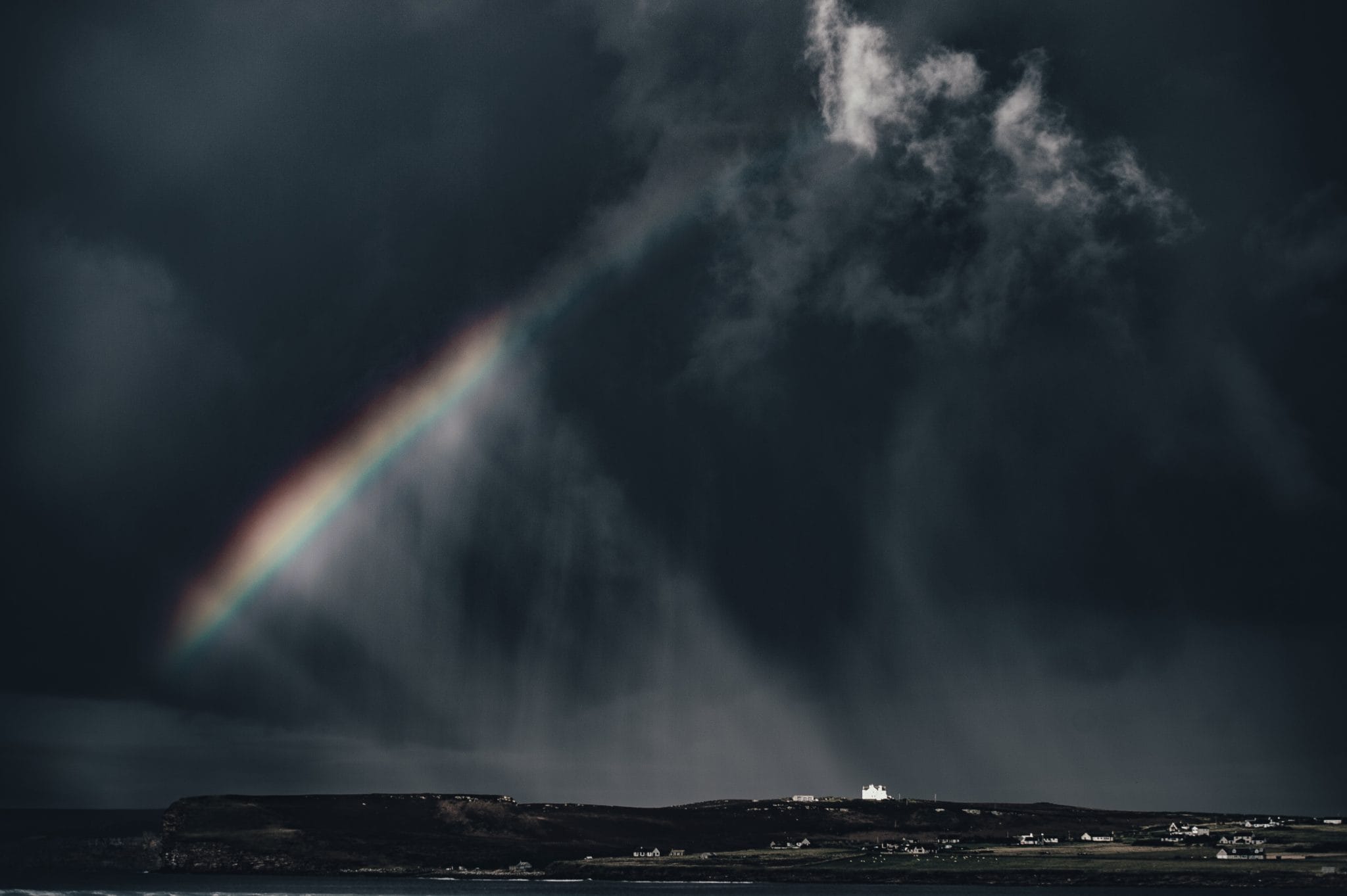The earth and its oceans have been more violent and destructive than usual this winter. Obviously it is not possible to practice formal meditation if we are in a shattering 8.8 magnitude quake in Chile or up to our necks in the crashing waves of the tsunami that followed. But we can remember to breathe. As Chogyam Trungpa Rinpoche said, “Whatever shakes you should without delay, right away, be incorporated into the path… The idea is not to react right away.”
If we do not feed panic when we lose familiar reference points, we do not have to feel instantly doomed. Before purposeful mind kicks in to try to figure out what to do, it is helpful to breathe and to try to stay alert in that sustained, uncertain pause — that wide-open mind of “I don’t know.”
In fact, most of the time we have no idea what the next moment will bring. Life is unpredictable. We don’t really know who or what we shall encounter tomorrow, let alone what pleasant or unpleasant surprises we may be facing in a month. But since change is a given, it is a safe bet that some rough or unwanted patches will occur. Into each of our lives some loss, pain, or shock happens. What makes a world of difference in these times is being able to stay open and present. Even if we feel dumbfounded or overwhelmed in the moment, if we don’t react and instead remain open in that uncertain space, sanity will prevail. And we will be able to respond intelligently, rather than adding to the chaos.
Meditation practice is training and familiarizing ourselves to be present and open. First we use the breath as a reference point. It is the best of reference points because, as long as we are alive and wherever we find ourselves, we have it. And breath is also the best reference point because it dissolves on us — encouraging our mindfulness to notice the next exhalation. Each time we place our attention on the breath as we exhale, we calm and relax ourselves a bit more. It’s like a silent, natural sigh of relief. And as the one-pointedness on the breath relaxes, we open more to our immediate surroundings.
When facing fearful events in life — or even death — this is a preferable state of mind. When we pause to breathe in a crisis, this meditation training allows us to see more possibilities and to have insights as to how to move forward, how to be genuinely helpful, how to pick up the pieces or envision a fresh plan. Calm intelligence guides us in a more positive direction. And even if we are not able to “do” anything, we can still breathe and do tonglen for those who suffer as well.
The Santiago Shambhala Centre meditators in Chile show what is possible to do in the midst of a national emergency. Two days after their earthquake sliced highways, imploded bridges, collapsed apartment buildings, damaged 1.5 million homes, and left more than 800 people dead, with most of those those surviving without power, the Santiago Shambhala members got together to meditate, do tonglen for their country, and then to organize a plan of action. Outside, hysteria, fear, greed, looting, and general panic gripped the population. Chile, one of the most wealthy and successful of Latin American nations, a country as earthquake-proof as any nation can be, was on its knees.
As the aftershocks continued, causing plaster to fall from ceilings of still standing buildings and the looting of stores and even homes began in earnest, fourteen thousand Chilean soldiers were sent out to control the panic, patrol the streets, and arrest looters. While emergency generators went to work, curfews were imposed in an attempt to restore order. But in these early days, it meant that police were now arresting even more people — both for looting and for violating the curfew.
In this chaotic atmosphere, the Santiago Shambhala members first persevered in locating two of their missing members, a mother and daughter in Constitution, a town to the South, where the tsunami had destroyed everything.
After ascertaining that, in spite of losing their home, the mother and daughter had survived, the Centre members focused on what they could do immediately and locally. Given the food shortages following the quake, they decided to provide breakfast to people living on the streets of Santiago. Then they began collecting food and clothing at the Centre to send to where it was most needed — again just days after the quake.
And thirdly, they decided to sponsor for two years the care and restoration of a small fishing village in the south, which had been “almost erased” by the tsunami’s seven foot waves. They intend to send the people of the village food, water, clothing, medicines, and then to help them rebuild their houses and boats.
As Trungpa Rinpoche said, the experience of shock is a moment of “aaah!…some sort of ultimate bodhicitta. But after that, you need to cultivate relative bodhicitta, in order to make the whole thing pragmatic.”
These meditators in Chile are exemplary. They show the power of practice and how it can inspire clear thinking, compassion, and generosity even in the midst of pandemonium. They thoroughly demonstrate the ability to meet the unexpected with the mind of practice.
